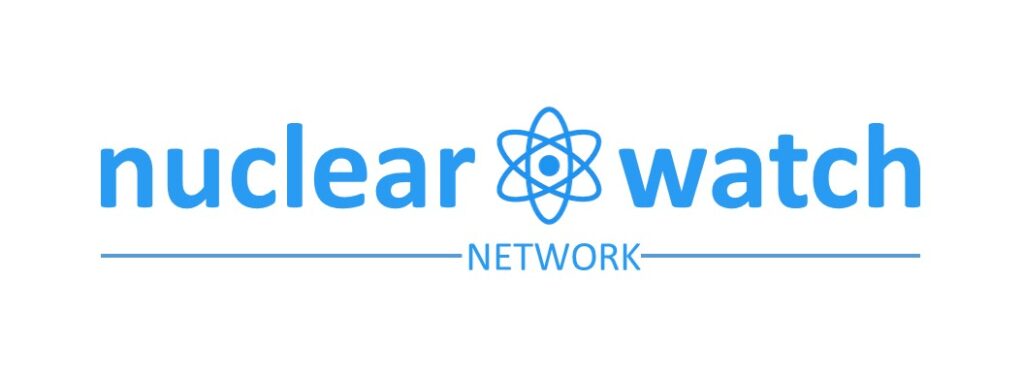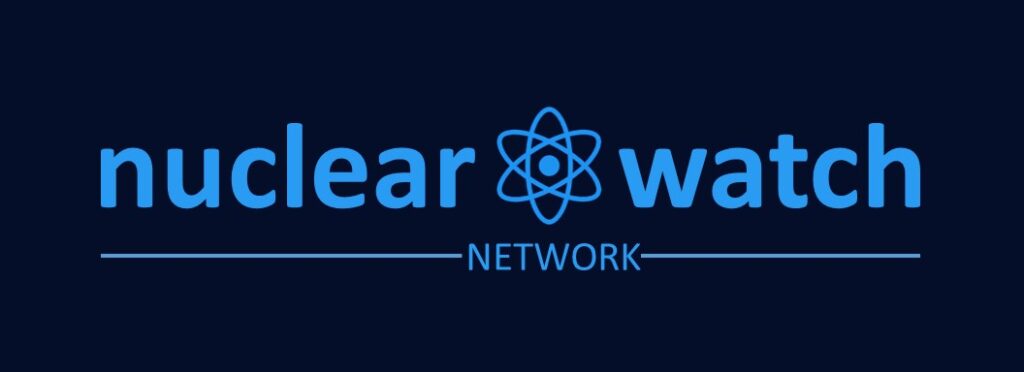Sasan Karimi, PhD.
Post-doctoral fellow and adjunct professor, Faculty of World Studies, University of Tehran. (sasan.karimi@ut.ac.ir)
Resident scientist, Nuclear Watch Network.
Addressing the Complexities of Nuclear Dynamics: The IAEA’s Role in the Context of Iran and Regional Tensions
In the midst of the ongoing conflict in Gaza, which erupted in early October 2023, the global community has been confronted with concerning rhetoric from Israeli officials. This includes intimations of a nuclear strike against Palestinian targets [3], echoing BB Netanyahu’s assertions at the 2023 United Nations General Assembly against Iran.[4] From a rational and professional standpoint, such developments ought to be at the forefront of discussions with established figures like Raffael Grossi, the Director-General of the International Atomic Energy Agency (IAEA). His primary obligation is to monitor and sound the alarm on such perilous pronouncements. Nevertheless, it appears that Mr. Grossi’s focus might be construed by some as a personal endeavor to curry favor with existences like Israel, deviating from his global and innate duty.
This perceived discrepancy may stem from Mr. Grossi’s portrayal of “his central function” as exerting pressure on Iran, as suggested in a specific document. This viewpoint is echoed in various think-tank analyses and his own reports and interviews.[5] The so-called nuclear apprehensions concerning Iran are not intrinsically from inside Iran in origin but are rather a result of external pressures imposed on Iran, potentially eliciting a concerning response from the nation.
Without delving into exhaustive specifics, Iran’s history over the past decades has been ample opportunity to manifest its nuclear intentions. During this time, Iran has been under the deepest scrutiny of IAEA inspectors at three levels: a long-standing Comprehensive Safeguards Agreement, a voluntarily adopted additional protocol as a confidence-building measure[6], and the commitments under the Joint Comprehensive Plan of Action (JCPOA), as a mutually advantageous agreement with E3/EU+3. Importantly, Iran’s legal obligations are confined to the terms it has agreed to, without any duty to adhere to conditions beyond those outlined in the JCPOA.
This implies that Iran’s commitment to the JCPOA and the additional protocol is contingent upon reciprocal adherence by other parties, as legally stipulated under article 36 of the agreement. Consequently, with the Comprehensive Safeguard Agreement being the sole perpetual and binding commitment, member states face neither restriction on their nuclear material quantities nor the institutions. Hence, the existing enriched material in Iran does not, per se, indicate any illegality.
A significant aspect to consider is Iran’s implementation of modified code 3.1 was part of transparency and confidence building measures, reflected in paragraph 65 of Annex I to the JCPOA. This measure was suspended under paras 26 and 36 of the JCPOA, following the U.S. withdrawal from the deal.
The focus of the IAEA Director-General on Iran’s historical, present, and projected nuclear activities, often based on subjective perceptions and baseless conjectures, overshadows pressing nuclear realities, such as Israel’s initial declarations. The IAEA’s persistent queries about two specific locations in Iran, though partially clarified, should not overshadow the broader picture. Even if the suppositions regarding these locations were accurate, they would not constitute a substantial concern as portrayed by Mr. Grossi.
It is noteworthy that Iran, accounting for a mere 3% of global nuclear activities, is subjected to 20% of the IAEA’s verification and monitoring efforts.[7] This disproportionate focus negates the likelihood of Iran concealing significant activities for an extended duration. This shift in the IAEA’s verification approach from activity-based to state-based appears to be more politically motivated than technically justified.
In summation, a retrospective analysis of Iran’s nuclear program reveals that while certain aspects may not be technically essential or viable, Iran’s pursuit of additional negotiation leverage in the face of sanctions and political isolation is understandable. Expecting Iran to relinquish all its bargaining tools without parallel reduction in external pressures is impractical. A balanced approach to de-escalation, acknowledging Iran’s historical responses to both pressure and diplomatic engagement, is vital for progress.
References
(10, July 2020). Retrieved from Iranian Diplomacy: http://irdiplomacy.ir/fa/news/1992519/%D8%AC%D9%86%D8%A8%D9%87-%D9%87%D8%A7%DB%8C-%D8%AD%D9%82%D9%88%D9%82%DB%8C-%D8%AF%D8%B1%D8%AE%D9%88%D8%A7%D8%B3%D8%AA-%D8%AF%D8%B3%D8%AA%D8%B1%D8%B3%DB%8C-%D8%A2%DA%98%D8%A7%D9%86%D8%B3-%D8%A8%DB%8C%D9%86-%D8%A7%D9%84
Far-right minister: Nuking Gaza is an option, population should ‘go to Ireland or deserts’. (2023, November 5). Retrieved from https://www.timesofisrael.com/liveblog_entry/far-right-minister-nuking-gaza-is-an-option-population-should-go-to-ireland-or-deserts/
Netanyahu at UN issues ‘nuclear’ threat to Iran, later retracted. (2023, September 22). Retrieved from France 24: https://www.france24.com/en/live-news/20230922-netanyahu-at-un-issues-nuclear-threat-to-iran-later-retracted
UN’s atomic agency being held ‘hostage’ in Iran, director says. (2024, 01 18). Retrieved from France 24: https://www.france24.com/en/live-news/20240118-un-s-atomic-agency-being-held-hostage-in-iran-director-says
[3] (Far-right minister: Nuking Gaza is an option, population should ‘go to Ireland or deserts’, 2023)
[4] (Netanyahu at UN issues ‘nuclear’ threat to Iran, later retracted, 2023)
[5] (UN’s atomic agency being held ‘hostage’ in Iran, director says, 2024)
[6] 2003-2006 and 2016 – 2021
[7] (Iranian Diplomacy, 10)

